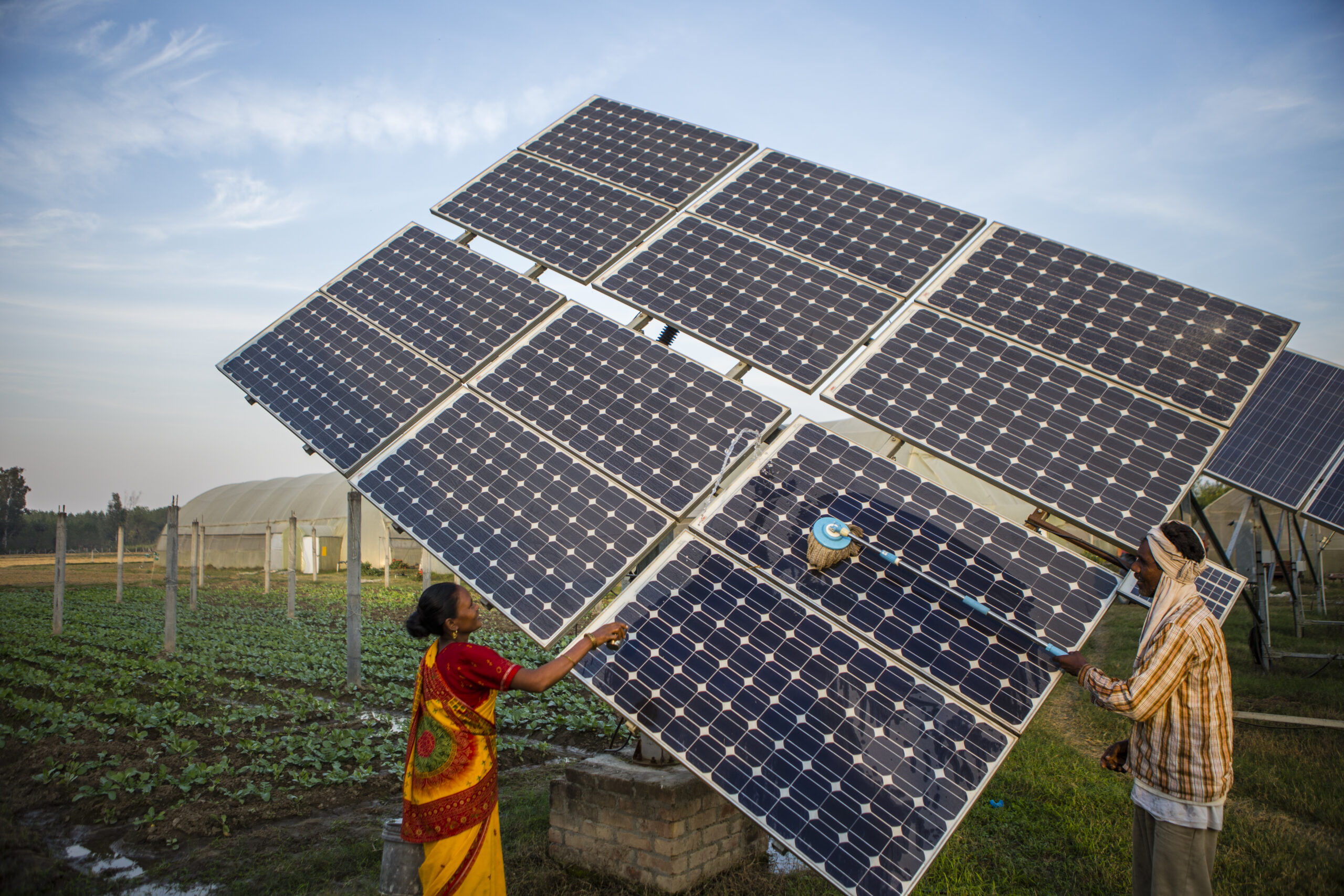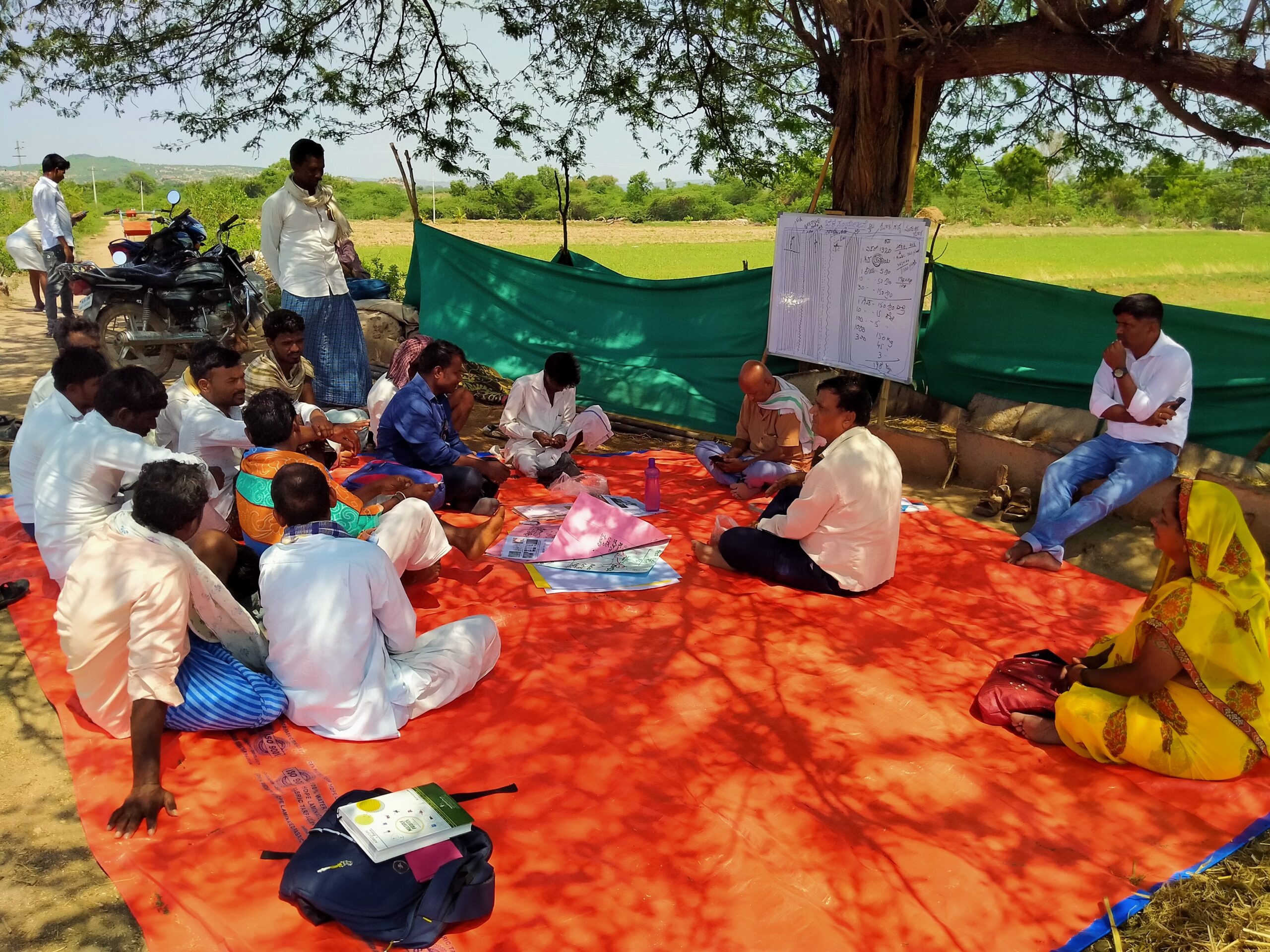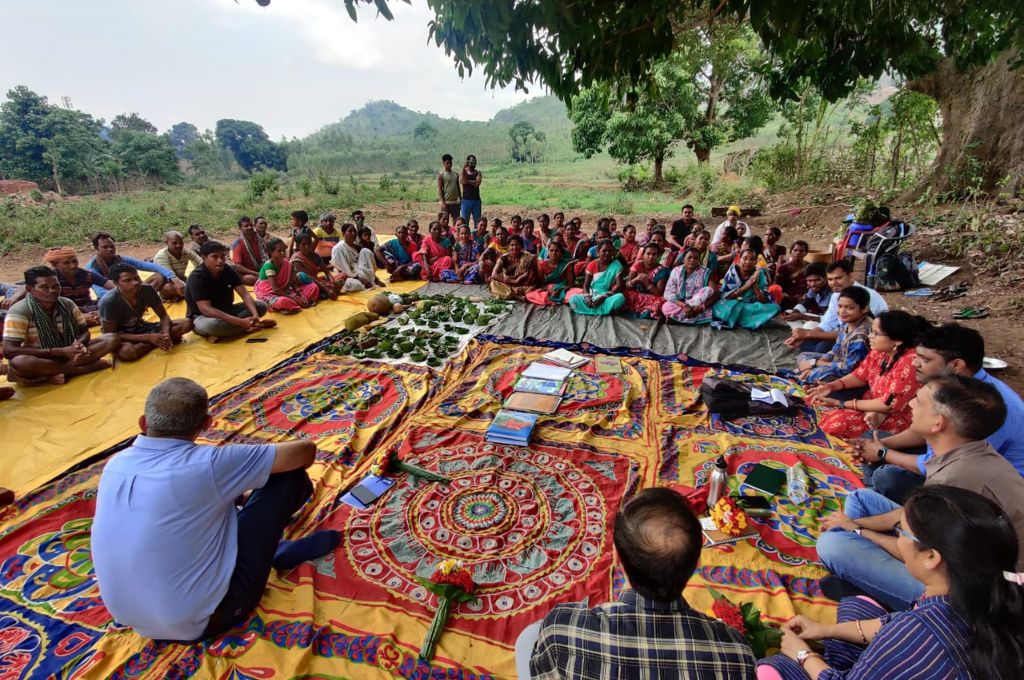Do we need to rethink how government schemes are tested?
Large-scale government programmes often start as pilots. A pilot is a small-scale experiment to assess the feasibility of the implementation process. Typically, for government schemes, pilots are carried out in a small location, a few villages, or gram panchayats in a district to understand what’s working and what’s not, and what needs to be tweaked before scaling up.
This is the norm for programmes launched by the government. Let’s consider Pradhan Mantri Kisan Urja Suraksha Evam Utthan Mahabhiyan (PM KUSUM), a scheme introduced in 2019 to increase farmer incomes as well as decarbonise the agricultural sector through solar irrigation. The first phase of PM KUSUM, between July and December 2019, was marked by pilots to test how its different components—such as subsidy rates and feed-in tariffs (FiTs), that is, the price at which electricity distribution companies buy back renewable energy from the farmer—would work on the ground.
Acknowledgements
Veena Srinivasan and Anjali Neelakantan for Deccan Herald.
If you would like to collaborate with us outside of this project or position, write to us. We would love to hear from you.
Follow us and stay updated about our work:




